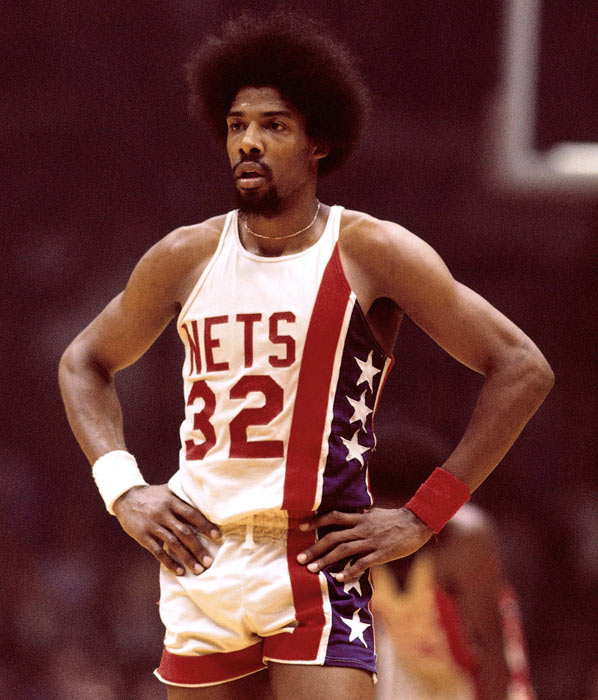Three separate but sort of related stories from the worlds of music, movies, and sports that all seem to point in the same direction, even if it might not seem so at first glance. First, the background information, and then the (painfully obvious) conclusion and argument for why these things matter to 'regular' folk like you and me.
Music - Adele's '25' breaks sales records, plus Adele keeps '25' off of most music streaming services
From CNN Money:
Adele's latest and highly anticipated album '25' will not be available on music streaming services, according to an executive with knowledge of the release strategy.
The New York Times, which first reported the streaming decision on Thursday, said Adele was personally involved in making it.
Adele is one of a small number of A-list artists who can make potentially more money by foregoing sites like Spotify and Apple Music.
"Adele is an anomaly. If she decided to release her album on cassette tapes, it would still be the biggest album of the year," an industry source said.
The music label has indicated to streaming executives that "25" will stay off Spotify-like services indefinitely, but that calculation could change in the coming months.
Movies - 'Star Wars: The Force Awakens' breaks pre-sales records, plus 'Star Wars: The Force Awakens' will likely not be pre-screened for movie critics
From The Verge:
Normally when a movie studio decides not to screen a film for critics, it’s a sign of weakness. The film’s not working, so rather than let bad word of mouth hurt the opening weekend, the move is just to hide the problem from the moviegoing public as long as possible. But there’s nothing normal about the upcoming release of Star Wars: The Force Awakens, which according to recent reports isn’t screening for year-end awards consideration — and likely won’t be shown ahead of time to critics at all.
What’s being hidden this time is the movie itself — and any spoilerific twists J.J. Abrams has cooked up. In an era of oversaturation, where it’s common for nearly every major joke and reveal to be spoiled by a movie’s trailers and marketing campaign, The Force Awakens has been a cinematic anomaly, parcelling out carefully chosen nuggets of information that have generated unprecedented levels of excitement without revealing much about what audiences will be seeing next month. For fans, it’s a welcome change that’s largely kept the notorious internet spoiler machine at bay — but for studios anxious to control how every facet of how a movie is perceived in order to maximize box office and hype, it could be the new blockbuster template
Sports - 76ers Rookie Jahlil Okafor can't stay out of the news - street fights, speeding, fake ID at a bar, plus Okafor's current stats after 18 games (they're pretty good).
From philly.com
On the court, Jahlil Okafor had arguably the best start of any Eastern Conference rookie.
However, his experiences off the court have been far from stellar.
Four sources independently confirmed to The Inquirer that the 76ers center was pulled over on the Ben Franklin Bridge about three weeks ago for driving 108 m.p.h. The normal speed limit on the bridge is 45 m.p.h.
The Sixers did not deny The Inquirer's report.
Ok, three stories from three different component of pop culture, but all kind of instructive for us normals.
None of us wants the 'rules' to apply to us. Or said differently, we like to think that we are so super talented so important or so irreplaceable that the rules shouldn't apply to us. Just like they don't seem to apply to Adele and Star Wars and NBA stars like Okafor.
So how can we know if the rules, or at least most of them, should apply to us? Let's look at the above three examples for some guidance.
1. From Adele - If the value you can create with your work is so unique and so hard to duplicate, then you can control how that work is going to be shared with the world, i.e., with more favorable terms and conditions than others in your field can demand. Adele's fans will buy full albums and CDs (like we all used to), where most other musical artists have to submit to the Spotifys and Apple Musics of the world in order to get their music to the fans (who don't want to pay anything). The entire music industry has been turned on its head in the last two decades, (when was the last time you bought a CD?), but for Adele, she can play the game by the old rules still because she creates value no one else can.
2. From Star Wars - If you have a direct line into the hearts and minds of your most important customers, and they will stick with you no matter what, like the fans of Star Wars have for the movie franchise, then you might have a case for the rules not applying to you. Star Wars does not need validation from movie critics, and if you don't need validation or approval of your work from middle management or the suits upstairs, then you have plenty of power. Gaining that kind of trust from customers is really rare and really valuable.
3. From Okafor - If you have an incredibly rare and valuable set of skills, ones that are in extremely high demand and highly limited supply, then the rules might not apply to you. The list of people that can average 18 points and 8 rebounds in the NBA is very, very short. Like about 10-15 people in the world. If you are one of those 10-15 people then things are generally going to be pretty good for you.
So should the rules apply to you, or that 'star' on your team?
Well if you can create value like Adele, connect with your source of profit like Star Wars, or possess such a unique and almost impossible to replace set of skills like Okafor, then maybe the rules should not apply.
But there are not many Adeles, Star Wars, or Okafors in this world it seems.

 Benefits,
Benefits,  Conferences tagged
Conferences tagged  HR,
HR,  Leadership,
Leadership,  benefits,
benefits,  conferences,
conferences,  wellness
wellness  Email Article
Email Article 
 Print Article
Print Article 



